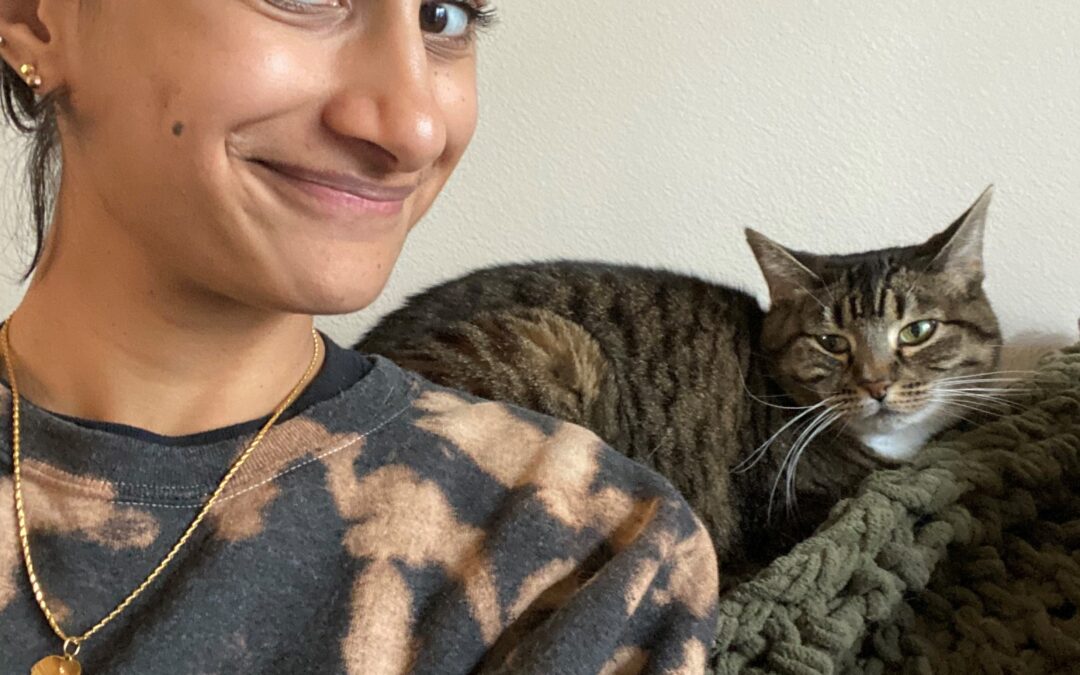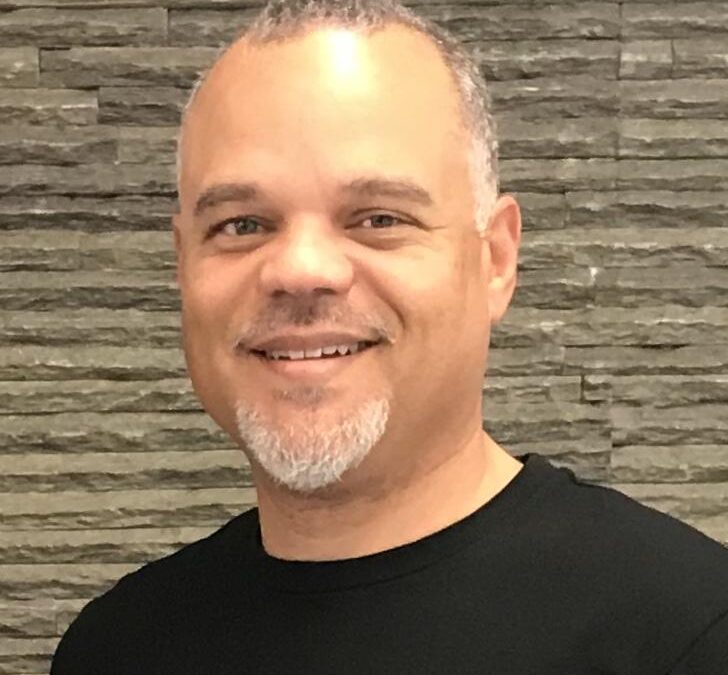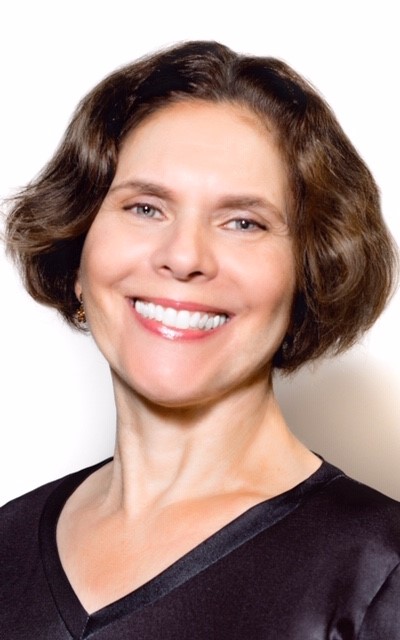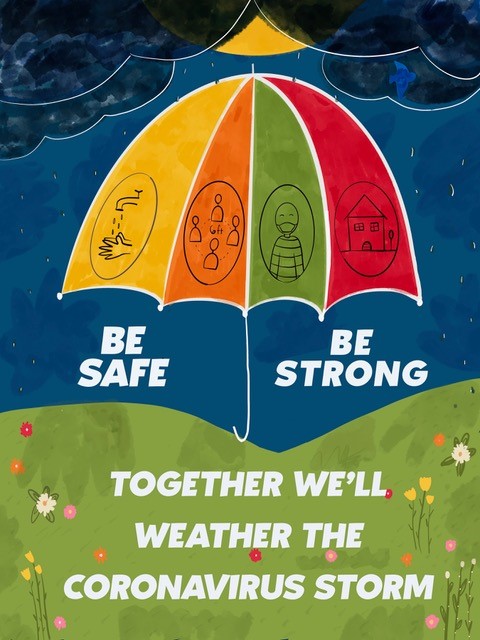
Tags: by Gayathri Ramprasad | Jun 14, 2020 | It's okay not be just okay, Mental health & wellness, You are not alone
2020 has been a hard year for me personally – and even more importantly, less than ideal globally. When people ask me how I’m doing, my boiler plate answer is: “I’m surviving not thriving.” Those that know me best (or even not all that well) know that my spirt animal is undoubtedly a cat. Cats sleep up to 70% of their life, and honestly that seems like the dream to me! (I also happen to own two and they are my best friends; though I’m never sure if the feeling is mutual). All that to say that as an introvert who has a dedicated section in her closet for jammies and ‘sleep socks,’ – yes, they are their own classification – I entered Stay at Home thinking that perhaps this was the life I was always destined to lead. In theory, I knew the importance of ‘wellness;’ of routine and human interaction. But the truth is I didn’t truly realize its importance in my life until life as we knew it was abruptly taken away from us all. By week two of working in pajamas and throwing all semblance of routine and normalcy out the window (something I had initially thought of as the ultimate sign of liberation and freedom), my skin was crawling and I was spiraling out big time with regards to...
Tags: by Gayathri Ramprasad | Jun 6, 2020 | Mental health & wellness, My Story MY SUPERPOWER, Youth mental health
We are delighted to share that PBS News Hour Student Reporting Lab published the short film created by students at the Health & Science School about our Let’s Talk About Mental Health School Program. One in five youth in the United States struggles with a mental health condition that interferes with daily life. Of the 74.5 million children in the United States, an estimated 17.1 million have or have had a psychiatric disorder — more than the number of children with cancer, diabetes, and AIDS combined. Half of all psychiatric illness occurs before the age of 14, and 75 percent by the age of 24. Children and adolescents with mental health conditions are at risk for academic failure, substance abuse, clashes with the juvenile justice system and suicide — all of which come at a tremendous cost to them, their families, and the community. Suicide is the second leading cause of death for 15 to 24-year-olds. In spite of the magnitude of the problem, lack of awareness and entrenched stigma keep the majority of these young people from getting help. At ASHA International, we are determined to educate and empower youth to take charge of their mental health & well-being. The Let’s Talk About Mental Health program is a peer-to-peer mental health education program to engage students in a conversation about mental health to promote well-being and prevent...

Tags: by Gayathri Ramprasad | May 25, 2020 | Mental health & wellness, Mental Health Awareness Month, My Story MY SUPERPOWER
“It’s only natural to go to the doctor if you cut yourself. It’s only natural to put your arm in a cast if you broke your arm. Or take antibiotics if you get bronchitis. But I wasn’t raised in a family where you’d get help if you were struggling mentally.” Says Nike executive and parent Dave Schechter, “it’s time to share our struggles and seek help.” #MyStoryMySuperpower #MentalHealthMatters...

Tags: by Gayathri Ramprasad | May 18, 2020 | Bipolar Disorder, Mental health & wellness, My Story MY SUPERPOWER
Nearly 30 percent of American medical students are depressed, and one in 10 have thought about suicide. And it’s actually even worse for practicing physicians. There’s widespread job dissatisfaction, high rates of depression, and doctors have one of the highest suicide rates of any profession in the United Sates. ASHA Storyteller Diane Kaufman, MD is a poet, artist, and Child Psychiatrist. She is also a suicide survivor, and has Bipolar II Disorder. Diane wants to share her story to break the silence & end the stigma surrounding mental illness. And remind us all that hope is real, and change is...

Tags: by Gayathri Ramprasad | May 14, 2020 | Bipolar Disorder, Mental health & wellness, Resilience
Can a person be not okay and okay at the same time? I want the answer to be “yes” and I do believe this is possible. I want it to be because I am not feeling okay. The coronavirus pandemic is a reality. Here’s a glimpse into my mind’s confusion. It starts like this: I am a child psychiatrist and I am supposed to feel and be okay. This is what my “tyranny of should” tells me. I mean if I don’t feel okay how can I be of help to someone who feels the same or even worse? My inner critic tells me that I should be coping par excellence and not be grappling with anxiety, fear, and sorrow. Or if I do, only a little, not for too long, and it must not interfere with my life. My inner judge also tells me compared with the world’s sorrow and families who are burying their loved ones in the hundreds of thousands, what do I have to feel sad or bad about? Don’t you feel ashamed of yourself? Stop the insipid wallowing. Who do you think you are? What if your colleagues knew you felt this way? Better keep those thoughts and emotions hidden. Be silent. Show only strength. Be a role model of resilience. I’m a mother and isn’t it my job to be strong for my daughter? As a grandmother aren’t I supposed to bring happiness and not a hint of sadness when I arrive for my 6 feet away and face mask visit? As a sister what good does it do to share my worry?...






